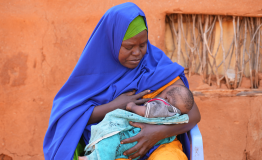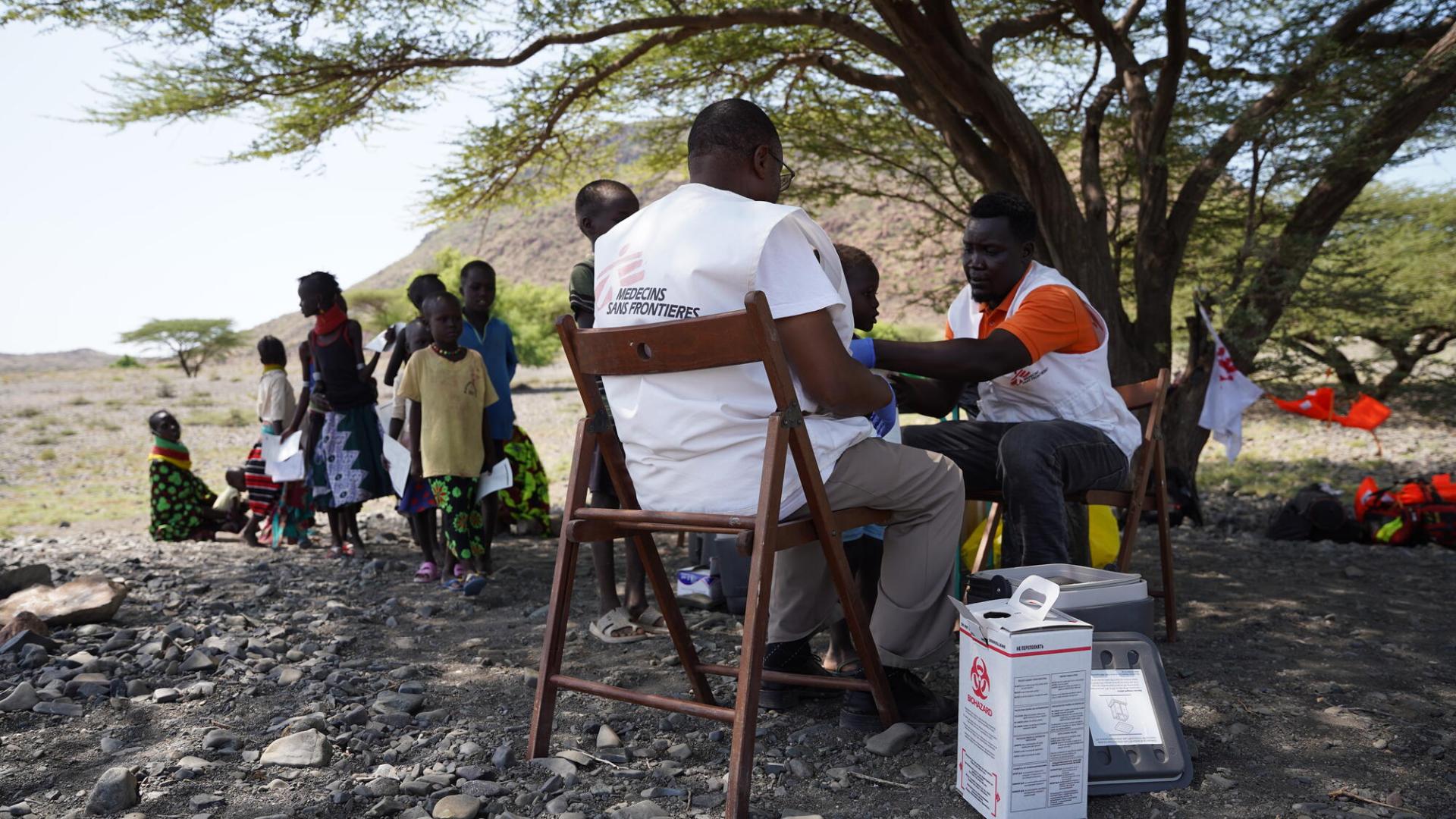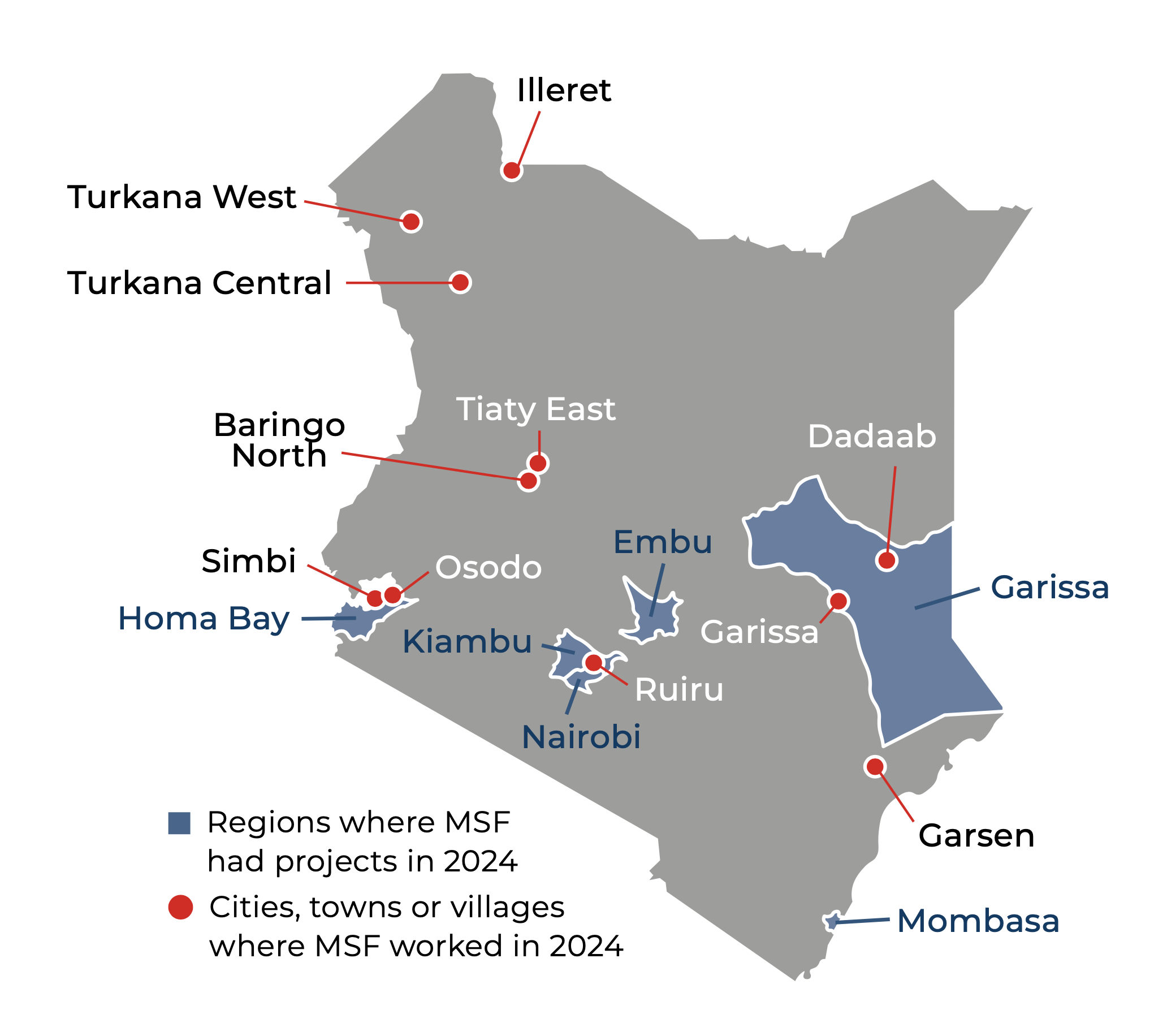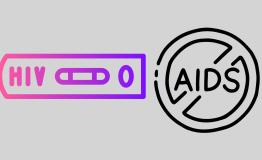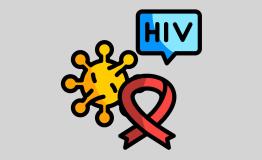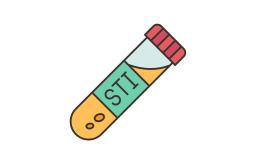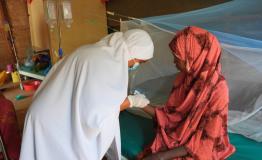In 2024, Médecins Sans Frontières (MSF) responded to multiple emergencies and public health challenges in Kenya.
In 2024, drought, conflict, and growing humanitarian needs continued to drive people to seek refuge in Dadaab, an already overcrowded camp complex hosting more than 350,000 refugees. Our teams maintained essential healthcare services in and around the camps particularly in Dagahaley while consistently calling for improved living conditions and increased humanitarian assistance to meet rising needs.
